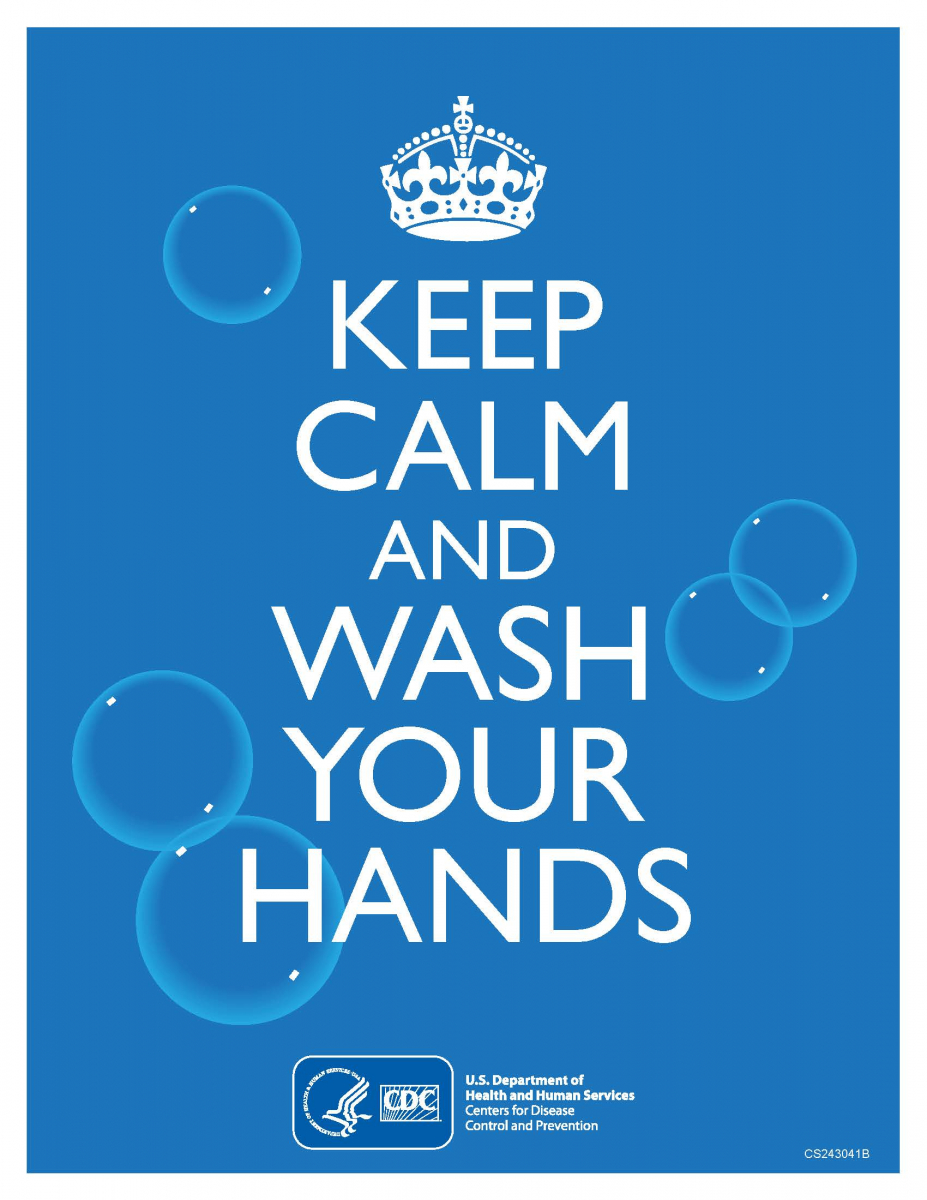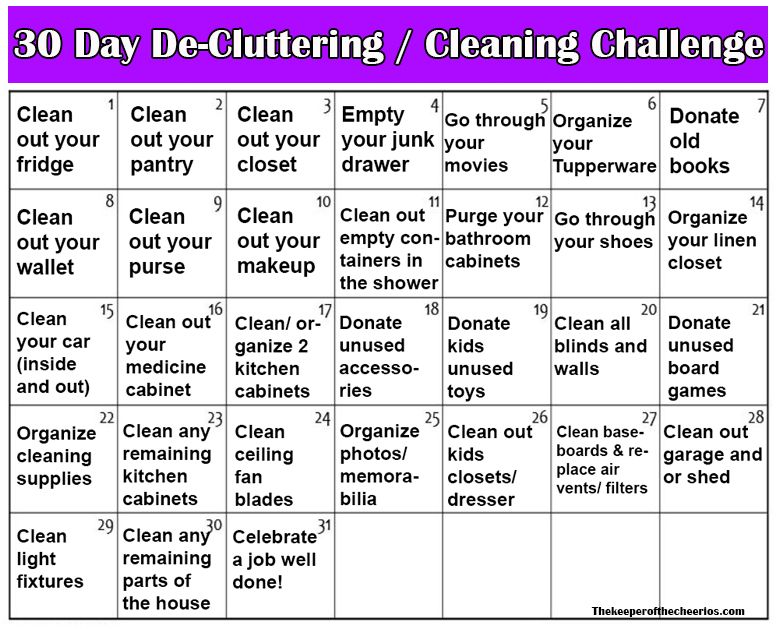Wash your hands with SOAP! Washing your hands with plain soap and water kills viruses and evidence shows that it decreases disease transmission and lowers your chance of getting infected, but only if it's done thoroughly and often. Scrub your hands for at least 20 seconds, or the time it takes to sing the "Happy Birthday" song twice, to prevent germs from being transferred to objects or spread from person to person. If you only have hand sanitizer on hand, make sure it contains at least 60% alcohol. But, according to the CDC, if your hands are dirty or greasy, the hand sanitizer won't work. Bored of singing the Happy Birthday song and want to change it up? Sing the chorus of your favorite song or try changing the lyrics! "We Will Rock You" by Queen can be transformed into "We Will Wash You".
and lowers your chance of getting infected, but only if it's done thoroughly and often. Scrub your hands for at least 20 seconds, or the time it takes to sing the "Happy Birthday" song twice, to prevent germs from being transferred to objects or spread from person to person. If you only have hand sanitizer on hand, make sure it contains at least 60% alcohol. But, according to the CDC, if your hands are dirty or greasy, the hand sanitizer won't work. Bored of singing the Happy Birthday song and want to change it up? Sing the chorus of your favorite song or try changing the lyrics! "We Will Rock You" by Queen can be transformed into "We Will Wash You".
Want to teach your children about the coronavirus and hygiene, but don't know where to start? Try the Exploring the New Coronavirus Comic Book, found here, or use a handwashing chart. You can also lead a quick, informative experiment at home using dish soap, pepper, and a bowl of water to demonstrate the power of handwashing.
Can't touch this: your face! As humans, we reflexively touch our faces; however, not touching one's face is an important self-protective measure. Germs can enter the body through the eyes, nose, and mouth. If you have touched contaminated surfaces, avoid rubbing your eyes, touching your mouth, or scratching your nose*. We recognize how difficult it is to not touch your face, so practice being mindful first. If you are struggling with seasonal allergies right now, try using a tissue to scratch your nose or rub your eyes.
*A note about gloves: Wear gloves if they help to remind you to not touch your face, but remember that they are often a vehicle for germs to travel elsewhere - onto your wallet, phone, keys, or car door. Remove gloves correctly before touching any of your personal property.
Learn more about cleaning and disinfecting surfaces here.
Maintain your distance! Social distancing puts space between people. When people who are infected stay away from others, fewer people get sick at the same time (KidsHealth). If you have to go out, make sure you are at least 6 feet away from others. COVID-19 is spread through respiratory droplets when someone sneezes or coughs; these droplets can travel anywhere from 3-6 feet (and can settle on surfaces). Keep yourself and your family home and away from others. Don't invite friends and family over, and don't go to their homes. People can look healthy and be infected, thus can spread the virus. Most importantly, stay home when you are sick, even if you have gloves and a mask. If you work an essential job, request time off if possible. If you were planning to go to the grocery store, opt for delivery or have a neighbor, friend, or family member pick up groceries for you. Many stores are now offering grocery pick-up and delivery services for free or reduced prices.
If you use a mask, wear it correctly! Many cities are now ordering residents to wear masks or face coverings when doing essential errands such as grocery shopping or doctor's appointments. This order is intended to protect employees and residents/customers. Face coverings should fit snugly over your nose and mouth, but be comfortable against the side of your face; be secured with ties or ear loops; include multiple (at least 2) layers of fabric; allow for breathing without restriction; and be able to be laundered and machine dried (CDC). Avoid touching the front of the mask or face covering, especially after you have fit it to your face. If you do touch it, immediately wash your hands or apply hand sanitizer. Although medical-grade masks are being prioritized for medical and emergency workers, you can still make your own mask or face covering at home! If you know how to sew and have enough fabric (tightly woven cotton is preferred), consider making some masks for your neighbors or friends, or donate to those in need.
Proper mask removal: If you are wearing gloves, take them off before removing your mask. (If not, make sure to wash your hands.) First, tilt your head forward, grasp the mask by the loops, and remove them from your ears one at a time. If you have a mask with ties or elastic bands, tilt your head forward and grasp the mask by the ties or bands, removing the bottom ones before the top. Lift up after loosening and releasing the top tie, and dispose. Again, do not touch the front of the mask! If you have a washable cloth mask or face covering, make sure to wash it either by hand or in a washing machine after it has been contaminated. Wash your hands after removing your mask to hand-wash or launder.
Cleaning also means decluttering! While you are sanitizing and disinfecting, why not re-organize? Decluttering may help reduce stress and encourage focus, especially if you are working from home. Clutter at home has also been shown to prevent us from fully relaxing and enjoying personal time. Think about it this way: clutter can be distracting and disruptive. If you are feeling ambitious, try the 30 Day De-Cluttering/Cleaning Challenge below. Or if you want to start slow, pick a few areas of your home and see how you feel after you finish. Decluttering is intended to make your home life more functional, not more stressful!



